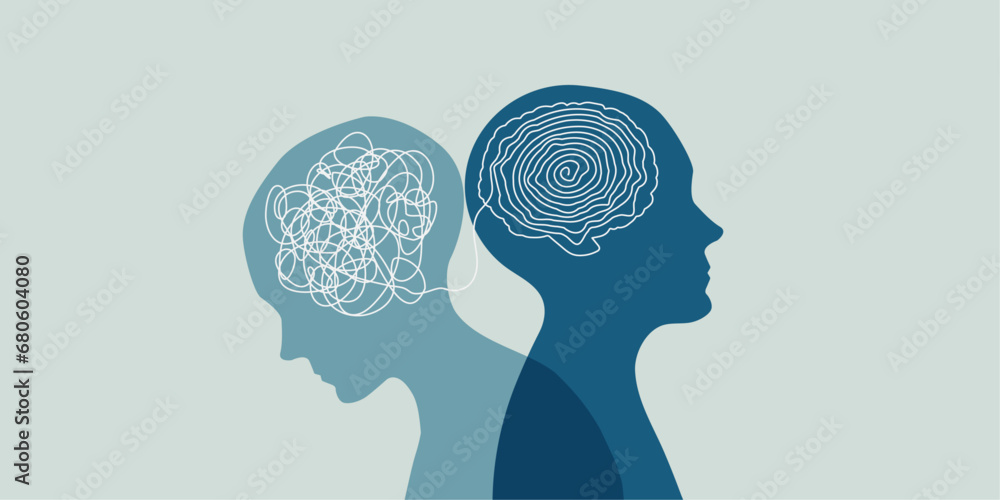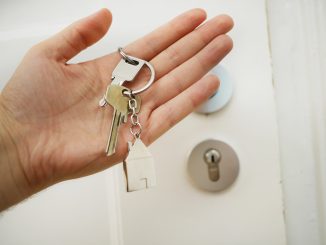
If you’re feeling overwhelmed by a mental health condition and a substance use issue at the same time, you’re definitely not on your own. This co-occurrence, known as a dual diagnosis, is actually quite common. The good news? There’s effective help available through specialized dual diagnosis treatment programs.
These programs take a comprehensive approach, addressing both conditions simultaneously. This integrated treatment is crucial because untreated mental health issues can worsen addiction and vice versa. So, what can you expect from a dual diagnosis treatment program? Let’s break it down.
Understand Your Individual Needs
Getting started on a dual diagnosis program is all about figuring out what works best for you. There’s no one-size-fits-all approach, so you’ll meet with therapists who will really listen and get to know your situation. They’ll ask questions to understand what you’re going through and what kind of support you need.
They’ll also explore your mental health diagnosis, the specific substance you struggle with, and how these conditions interact with each other in your life. This personalized approach ensures the treatment plan addresses your specific needs and sets you up for long-term success. For more information, visit apibhs.com.

Personalized Treatment Plans
Based on your assessment, the treatment team will develop a personalized plan. This plan will address both your mental health and substance use disorders. It might include a combination of therapies, medications, and support services. The goal is to treat both conditions concurrently to improve your overall well-being.
Holistic Approaches
Many dual diagnosis treatment programs incorporate holistic approaches to enhance recovery. These might include:
Mindfulness and Meditation
These practices can help you stay present, manage stress, and reduce anxiety.
Yoga
Yoga combines physical movement with mental focus, promoting relaxation and physical well-being.
Nutritional Counseling
Proper nutrition can support both your physical health and mental well-being, playing a crucial role in recovery.
Art and Music Therapy
These creative outlets can provide emotional expression and stress relief, contributing to overall healing.
Holistic therapies can help you manage stress, improve your physical health, and support your overall recovery journey.
Medication Management
Depending on your specific needs, a psychiatrist or psychiatric nurse practitioner may recommend medication to manage your mental health symptoms. Medications can play an important role in stabilizing your mood, reducing anxiety, or improving sleep quality.
Finding the right medication and dosage can be a collaborative process, and your treatment team will closely monitor your progress and adjust your medication regimen as needed. Here are some of the common types of medications used in dual diagnosis treatment:
Antidepressants
These medications can help regulate mood and alleviate symptoms of depression, which can often be a trigger for substance use.
Anti-Anxiety Medications
Anti-anxiety medications can provide relief from symptoms like panic attacks, racing thoughts, and excessive worry, making it easier to cope with stressful situations without resorting to substances.
Antipsychotics
In some cases, antipsychotics may be prescribed to manage symptoms of psychosis, such as hallucinations or delusions, which can sometimes co-occur with mental health conditions and substance use disorders.
Mood Stabilizers
Mood stabilizers can help regulate extreme mood swings and prevent episodes of mania or depression, which can be a challenge for people with bipolar disorder.
These medications, when used correctly, can improve your quality of life.
Integrated Therapy
Integrated therapy is a cornerstone of dual diagnosis treatment programs. This approach involves treating both mental health and substance use disorders at the same time. Therapies might include:
Cognitive-Behavioral Therapy (CBT)
Helps you identify and change negative thought patterns and behaviors. This therapy is particularly effective for managing anxiety, depression, and substance use disorders.
Dialectical Behavior Therapy (DBT)
Focuses on emotional regulation and improving interpersonal relationships. DBT teaches skills such as mindfulness, distress tolerance, and emotional regulation, which can be crucial for maintaining sobriety and mental health stability.
Group Therapy
The power of shared experience is a valuable tool in dual diagnosis treatment. Group therapy allows you to connect with others who understand your struggles. You’ll learn from each other’s experiences, offer support, and hold each other accountable on the road to recovery.
Individual Therapy
Offers one-on-one sessions with a therapist to address specific issues. These personalized sessions allow for deep exploration of personal challenges and tailored treatment strategies.
Family Therapy
Involves family members to support healing and improve communication. By including your family in the treatment process, you can address any relational issues that may contribute to your conditions and build a stronger support system.
These therapies work together to address the complex interplay between mental health issues and substance abuse, promoting a holistic recovery process.
Family Involvement
Family involvement is often a key component of dual diagnosis treatment. Programs may offer family therapy sessions, educational workshops, and support groups. Engaging your family in your recovery process can provide a strong support system and help mend relationships strained by addiction and mental health issues. Here are some ways family involvement can be beneficial:
Improved Communication
Family therapy sessions can teach healthy communication techniques, helping to resolve conflicts and build stronger relationships.
Education
Educational workshops can inform your family about the nature of dual diagnosis, helping them understand your struggles and how to support you better.
Emotional Support
Having your family involved can provide emotional encouragement, making you feel supported and less isolated during your recovery journey.
By involving your family in the treatment process, you can strengthen your support network and improve your chances of long-term recovery.

Access To Resources
Dual diagnosis treatment programs provide access to various resources to support your recovery. These might include:
Educational Materials
Access to books, articles, and videos that help you understand your conditions and treatment options.
Community Resources
Information about local support groups, therapy providers, and community services that can aid your recovery.
Referrals To Additional Services
Connections to specialists or additional treatment programs that may benefit your specific needs.
Online Support
Access to online forums, virtual support groups, and other digital resources that provide continuous support.
Access to these resources can help you build a comprehensive support system, empowering you to manage your recovery effectively.
Conclusion
Dual diagnosis treatment programs offer comprehensive care designed to address both mental health and substance use disorders. By providing integrated therapy, medication management, holistic approaches, family involvement, and ongoing support, these programs can help you achieve lasting recovery.




